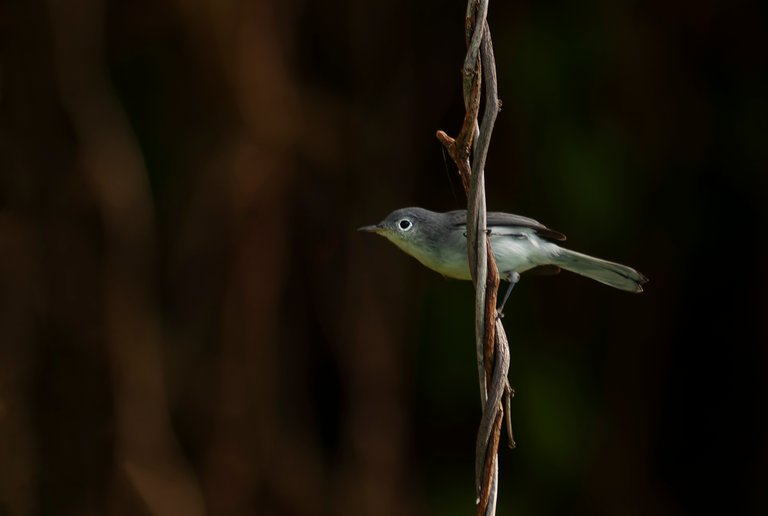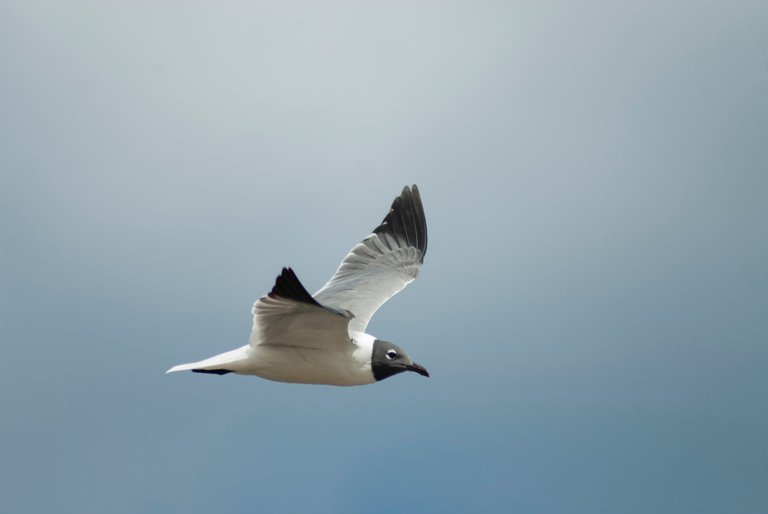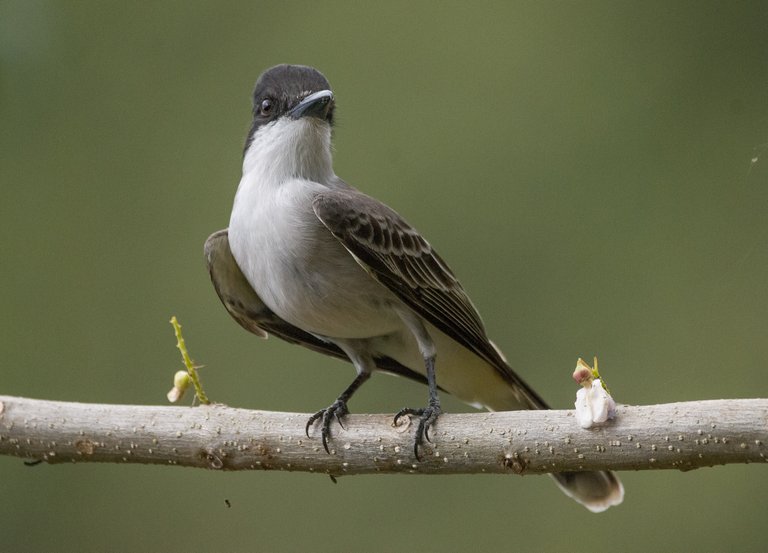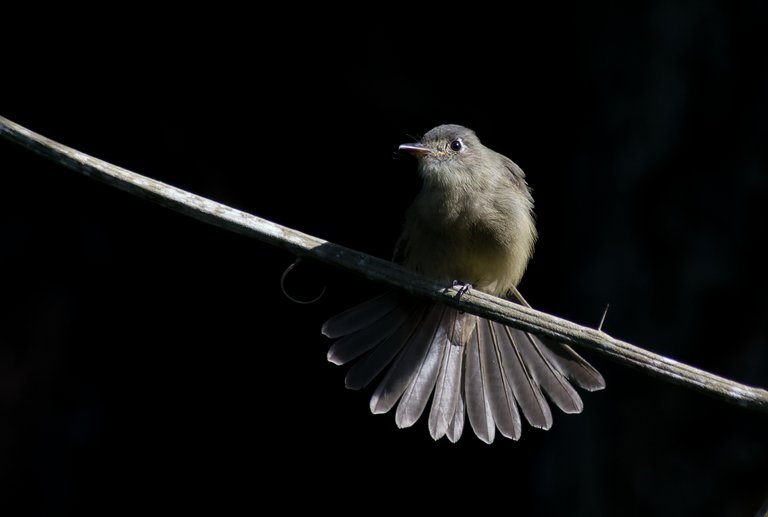Cuba's Most Photogenic Birds, part II
Cuban fauna is very rich and diverse, and among its most precious treasures are the birds, which are true icons of the island's natural beauty. On this occasion, I would like to share with you some of the most photogenic birds I have had the pleasure of capturing. I also include some tips on how to photograph them successfully.

Cuban Trogon (Tocororo)
The tocororo is Cuba's national bird, one of the most emblematic and photogenic. Its plumage combines the colors of the Cuban flag. In addition to its beauty, its peculiar song is unmistakable.
Photo tip: Always look for the tocororos early in the morning, when they are most active and the natural light is soft.
Cuban Pewee (Bobito Chico)
This small insect hunter is known for its sharp flight and its ability to move among the branches, and they are quite trusting when approaching. Their curious behavior and postures make them an interesting species to photograph.
Photo tip: Keep the camera in burst mode to capture their fast movements when they are catching insects. If you can, pre-focus on the branches where they tend to perch, as they are predictable in their behavior.

Blue-gray Gnatcatcher (Rabudita)
With its long tail, the Blue-gray Gnatcatcher is a true marvel in flight. It can often be seen chasing insects in the open skies, creating the perfect opportunity to capture dynamic images.
Photo Tip: When photographing in flight, use a telephoto lens with an image stabilizer and continuous focus to track its movements.

Laughing Gull (Galleguito)
The Laughing Gull is one of the most charismatic birds to be seen on the coasts. Its peculiar appearance and inquisitive behavior make it a favorite among nature photographers.
Photo tip: If you are on the coast, it will not be difficult to find them, as they are very dynamic, always trying to feed, camera in burst mode so as not to miss the action.

Loggerhead Kingbird (Pitirre Guatibere)
It is known for its aggressive and protective behavior, especially when defending its territory. It is often seen confronting much larger birds, which makes it a natural protagonist in the Cuban sky. Its attitude is very defiant, which makes it very attractive for photos.
Photo tip: Choose a fast shutter speed to capture his territorial battles.
I hope you enjoy these images and that, through my lens, you can appreciate the unique beauty of these birds as much as I do.
All photographs were taken by me in different provinces of Cuba, with a Nikon D200 camera.
Text edited and corrected by LanguageTool and translated by DeepL.

Wow que hermosos los pajaritos, maravillosas fotos. 🤗 🌻🦋
Hay muchas aves hermosas en nuestra isla, variedad de colores y tamaños, muchas gracias por el comentario amiga
A ti también mi gratitud, tú eres un profesional de la fotografía, gracias a tus consejos e logrado hermosas fotos gracias
Buen post amigo, gracias por la descripción de las especies y por los tips. ¡Bravo!
Muchas gracias por comentar, un placer le haya gustado, saludos
The bird in the first picture is very beautiful, its eyes are very beautiful
This species is very beautiful, has a history that goes back to the Cuban aborigines and certain mystical traditions, in their natural environment they are a delight to observe.
Congratulations @muhammadhalim! You have completed the following achievement on the Hive blockchain And have been rewarded with New badge(s)
Your next target is to reach 2000 upvotes.
You can view your badges on your board and compare yourself to others in the Ranking
If you no longer want to receive notifications, reply to this comment with the word
STOPVery nice. The colors of the Tocororo are impressive... 🇨🇺